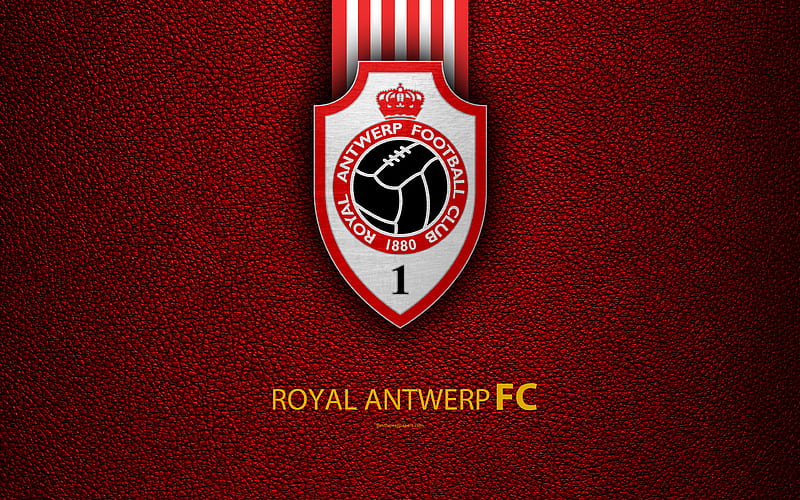Over the decades, Royal Antwerp FC has developed a distinctive tactical approach that reflects both its historical roots and contemporary football trends. The club emphasizes a balanced mix of disciplined defense, creative midfield play, and clinical attacking strategies.
Defensive Organisation and Royal Antwerp FC
Historically, Antwerp’s teams have been known for their robust defensive structure. Coaches prioritize organization, compactness, and disciplined pressing, making it difficult for opponents to penetrate GOOD88.
This defensive resilience often provides a foundation for swift counter-attacks and goal-scoring opportunities. The emphasis on collective responsibility ensures that players work cohesively, maintaining concentration and adaptability.
In modern contexts, the club integrates advanced analytics and training methods to enhance defensive solidity, aligning traditional toughness with modern tactical innovations.
Midfield Creativity and Transition
The midfield is the heartbeat of Antwerp’s gameplay, serving as the link between defense and attack. The club nurtures technically skilled midfielders capable of dictating tempo, distributing precise passes, and initiating forward movements.
Players are encouraged to exhibit tactical intelligence—knowing when to retain possession, press high, or transition quickly. The midfield’s versatility allows Antwerp to adapt to different formations and game situations seamlessly.
Notably, recent coaching philosophies emphasize fluid positional play, encouraging players to exploit spaces, maintain possession, and orchestrate attacking moves from deep positions.
Attacking Strategies and Goal-Scoring Methods
Offensively, Antwerp adopts an aggressive yet calculated approach. Wingers and full-backs are tasked with providing width, delivering crosses, and supporting lone strikers or attacking midfielders.
Set pieces are also a crucial aspect of their attacking arsenal, with practiced routines designed to capitalize on dead-ball situations. The club emphasizes quick, incisive passing sequences to break down defenses and create scoring opportunities.
Furthermore, the modern iteration of Antwerp’s attacking philosophy incorporates positional flexibility and situational awareness, enabling them to exploit defensive gaps and maintain pressure throughout the match.
The Influence of Coaches and Tactical Adaptability
Throughout its history, Antwerp has seen various coaching philosophies—from traditional rigid systems to modern dynamic tactics. The club values tactical flexibility, allowing managers to implement tailored strategies based on opponents and player strengths.
Recent coaches have integrated sports science, data analysis, and psychological preparation to optimize team performance. This adaptability ensures that Royal Antwerp FC remains competitive and innovative in Belgium and European competitions.
